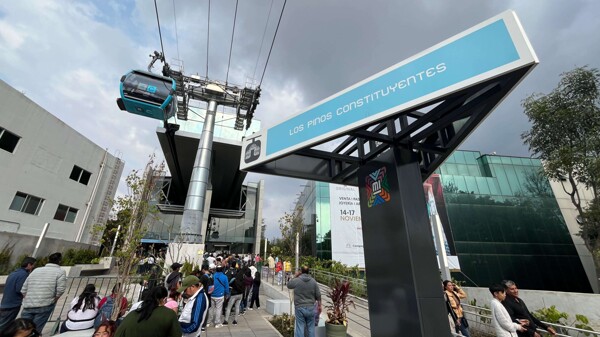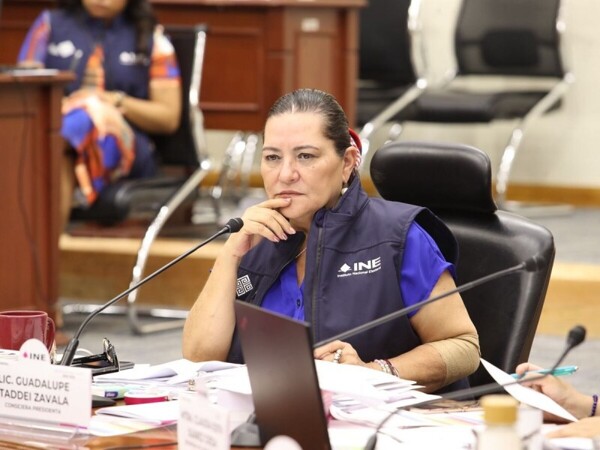
Both areas have added to the pressure already exerted by spending on pensions, the financial cost of debt, and the structure of transfers that the Federation makes to states and municipalities as part of the fiscal coordination model in our country. For this reason, the fiscal space to incorporate new spending purposes, such as the implementation of an industrial policy, is narrow.
In recent years, the Federal Government has promoted an expansive agenda of public spending in cash transfer programs and support for state-owned companies in the energy sector. Our commitment to a sustainable model must be unwavering, the fiscal policy can also contribute to making that the rule. That is where the configuration of fiscal policy is strategic for the use of fiscal space to yield returns in the medium and long term.
The intertemporal logic is fundamental for the design of sustainable fiscal policy, meaning that it should be executed in such a way that does not compromise the availability of public resources over time for tasks that are essential to plan and coordinate from the public sphere. Under this lens, what should we evaluate regarding the use of public money to drive industrial policy? The energy and hydraulic needs of the productive projects required by companies operating in the fastest-growing industries in the world, such as semiconductors and data management and storage, among others, are extensive.
One of the most important bets of the new period lies in the design and implementation of an industrial policy that is useful for increasing the benefits associated with Mexico's commercial integration with its partners, particularly with the U.S. economy. Should we adhere to the same sustainable approach in major infrastructure projects and in conducting energy policy? The task is monumental, as it involves coordinating efforts between the public and private sectors, organizing the installation and development of industrial parks, strengthening local supply chains, and increasing the availability and quality of all types of infrastructure, starting with logistics, energy, and water resources.
To achieve this, it is essential that the design of industrial policy has sufficient resources from state planning to foster an environment of certainty for investment. Therefore, we must emphasize the importance of implementing a new tax reform and reviewing the criteria for evaluating the spending pressures currently faced by the fiscal framework. In this sense, while the possibility of reforming the tax system remains off the table, our scrutiny of public spending must increase, and with it, our attention to the exchange of fiscal resources in the present for broad economic benefits for the population in the future.
However, it is key to increase the benefits that the domestic market can obtain from the trade relations that Mexico has with other countries. Additionally, they require enormous coordination between productive sectors and academic centers to attract the best-trained talent in knowledge and skills. Facing this threshold of alternatives, valid questions arise regarding the environmental footprint associated with the construction and operation of these complexes.
The importance of these precepts is also an invitation to extend them more broadly to the budget allocations that, to some extent, we question with less vehemence.














